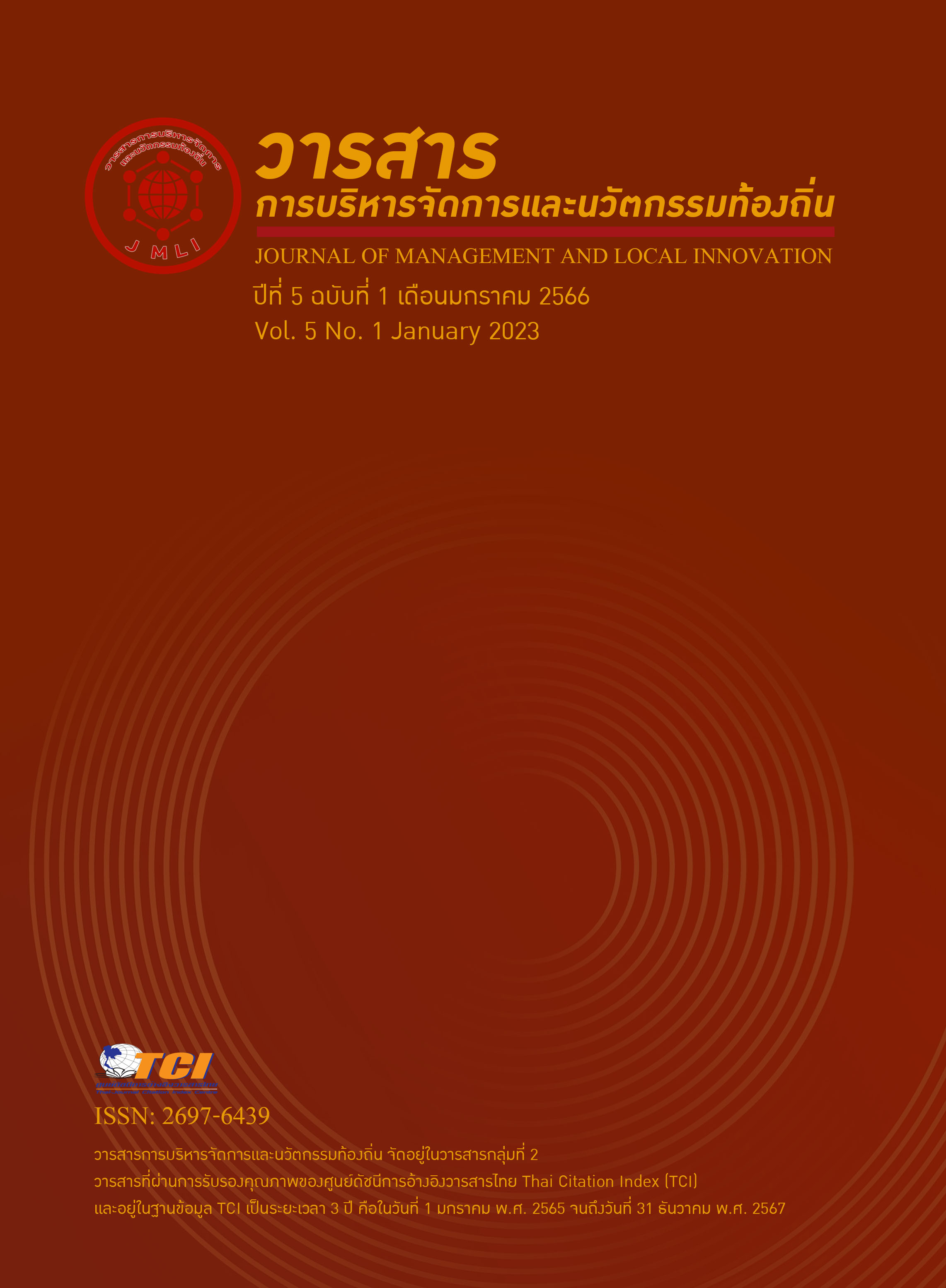Guidelines for Educational Quality Development in small schools under the Supervision of Phranakhon Si Ayutthaya Primary Education Service Area Office 1
Keywords:
Educational Quality, Small-Sized SchoolAbstract
The objectives of this research were 1. to investigate the educational quality of small-sized schools; and 2. to propose guidelines for improving the educational quality in small-sized schools. For the methodology, there were two steps in conducting research, including: 1. Study of the educational quality of small-sized schools. The sample included school directors and teachers in 75 small-sized schools, 237 people obtained by a stratified sampling. The research instrument was an estimation scale questionnaire, with a reliability value of 0.95. The data were analyzed by statistics, mean, standard deviation. 2) Presentation of guidelines for improving the educational quality in small-sized schools. The sample group included 5 qualified persons. The research instructor was a semi-structured interview. Data analysis was content analysis. The results of the research were found that 1. The educational quality of small-sized schools was at a high level, both overall and in each aspect. The highest mean was for the quality of student-centered instruction in small-sized schools; followed by the quality of administration and management of small-sized schools and the aspect with the lowest mean was the quality of learners of small-sized schools. 2. Guidelines for improving the educational quality for small-sized schools consist of 3 aspects and 17 approaches. Regarding the quality of learners, there are 6 approaches, for example, administrators encourage teachers to develop instructional management by using the Active Learning process for students to think and act on their own; In terms of quality in administration and management, there are 6 approaches, for example, school administrators must be proactive. There is a plan, management, and preparation for solving problems and working with quality; As for the quality of instructional management that focuses on learners, there are 5 approaches, for example, teachers have plans to develop instructional approaches that emphasize learners to create new knowledge and new inventions by using cognitive processes (thinking process), and social process (group process).


